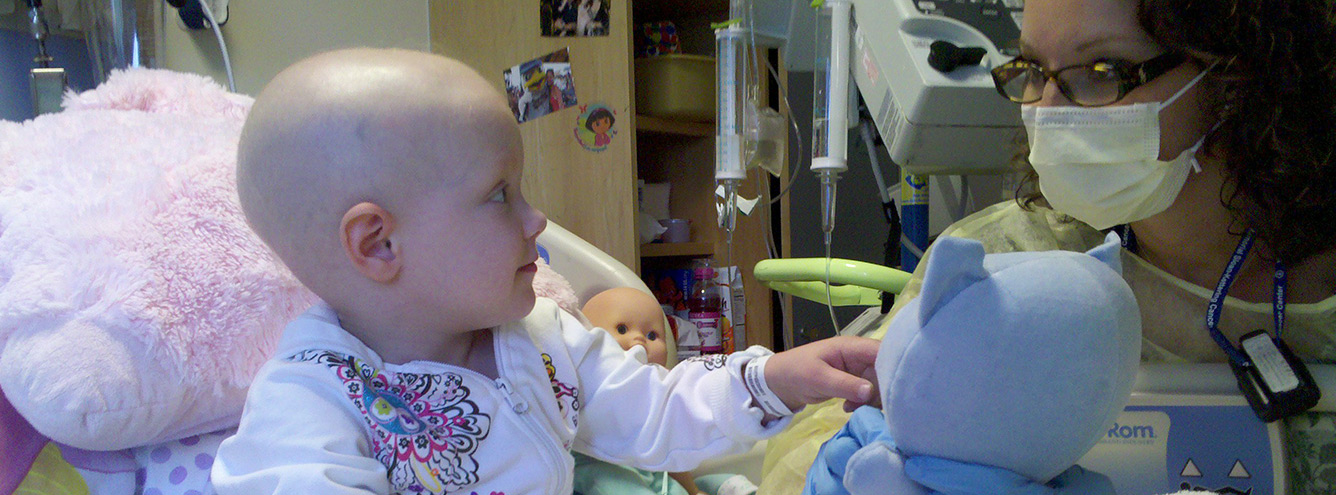Healing With Love, Knowledge, Understanding and Hope.
Raising children can be challenging at the best of times. The complication of a child’s life-threatening illness places increased pressure and demands on parenting skills and the familiar rhythm of family life.
Childhood cancer mutilates family life on all levels, and your previous way of life may be almost unrecognizable within a short time. This can be a bewildering experience, drenched in overwhelming emotions. Now more important than ever, your communication skills and inner strength will be tested to their limits.
The needs of your child with cancer may change rapidly, as may your own needs and those of your partner, other children and their grandparents. You will all need to be flexible, understanding and patient with each other, and kind to yourselves.
Life continues in spite of cancer. Milestones of the first day at nursery or school can be hugely uplifting and hopeful experiences. With appropriate support, children can excel in school and achieve great things throughout their lives.
The death of a child is one of the greatest challenges a parent or sibling will face. The depths of pain experienced break the confines of language. For a time, family life is frozen by the passing of one so loved. Grief is immensely personal. Each person will find their own way through it, to a calmer understanding and a different kind of hope for the future.
Most children with retinoblastoma in the developed world are cured today. However, even after cure, the ghost of cancer walks with many survivors throughout life. Emotions, impaired vision and other effects of treatment, life-long second cancer risk and adapting to meet the challenges of the world can be hard. But life after retinoblastoma can also be richly blessed and full of living, with knowledge, understanding and the right support.
Believing in a better tomorrow is vital throughout the cancer journey. Hope is not a way around cancer, but a way through it, motivating, encouraging and sustaining us in difficult times.
Children can be overwhelmed by intense emotion. They have fewer coping skills than adults, and need extra support to help them through traumatic experience.
Parents describe the experience of their child’s cancer as like riding a terrifying roller coaster, with no ability to see the way ahead and no emergency stop cord. Knowing how to look after yourself during this time is very important.
Grandparents experience deep emotions in response to retinoblastoma. Often these are complicated by genetic implications of their grandchild’s cancer.
Retinoblastoma and its treatment can disrupt education, social and cognitive development, but children can still thrive in school with positive support.
As well as taking your child to regular ophthalmology appointments, you can help protect your child’s sight by encouraging her to live healthily and stay safe.
We grieve because we love. Even when anticipated, losing a child to retinoblastoma is an agony almost beyond baring. Healing requires courage, time and understanding.
True hope is what helps us survive trauma. Though it means different things to different people, encouraging hope every day is very important for the wellbeing of everyone in your family.


